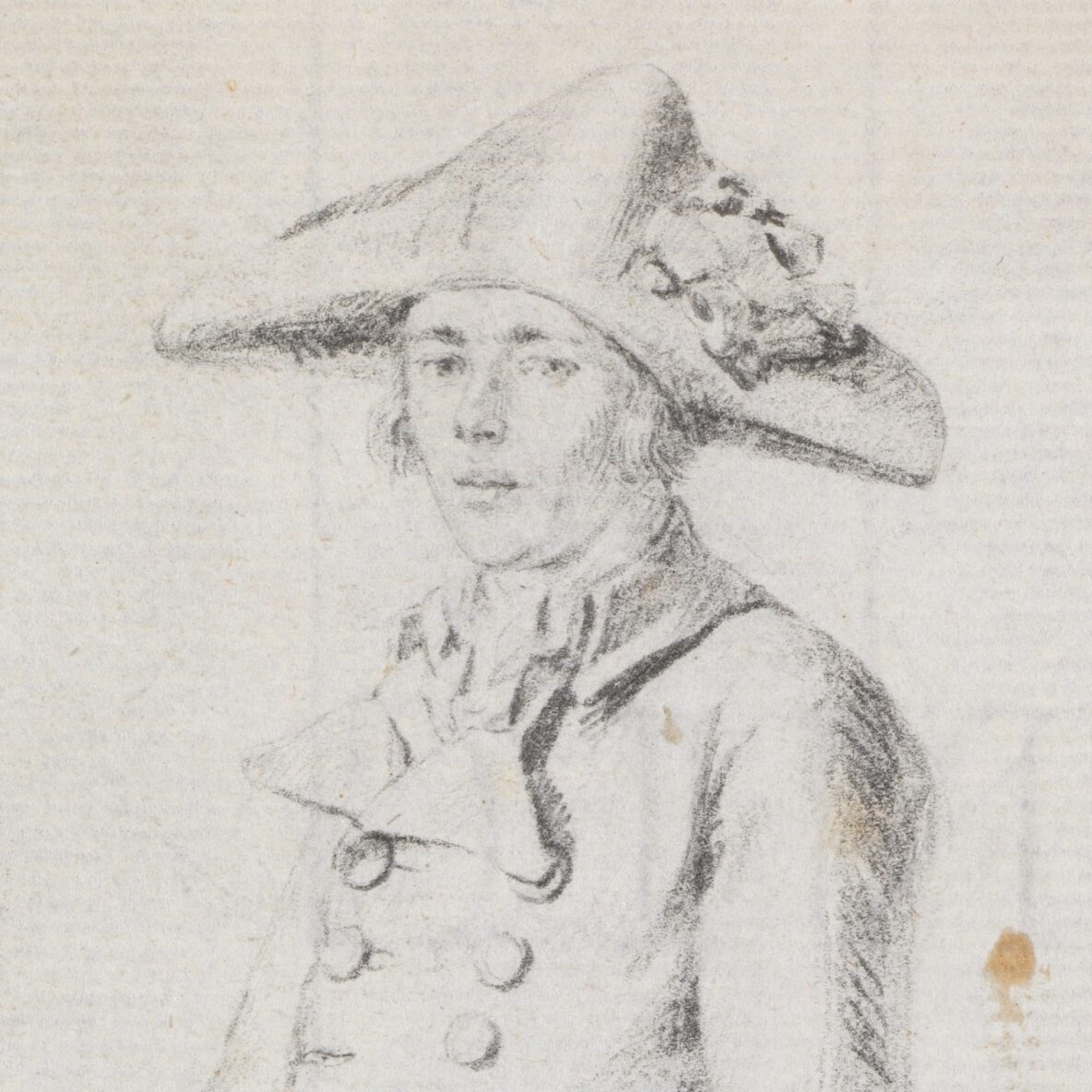“Travel Reports of a Pioneer: Johann Conrad Fischer as Eyewitness to the Industrial Revolution.” is an immersive digital edition of a set of remarkable and historically significant travel journals. Alongside its heavily illustrated new episodic presentation of the texts is an innovative register that allows an alternative form of navigation, which breaks up the conventional narrative and allows a user to trace the occurrences of a particular person, place or keyword in the journals.
The author of the journals, Johann Conrad Fischer (1773–1854), was a pioneer at the time of the Industrial Revolution and travelled far and wide. He covered more than 30,000 kilometers from his journeyman’s travels at the age of 19 in the 1790s to his last trip to the Great Exhibition in London 60 years later. He published accounts on nine of his journeys in seven journals between 1816 and 1853. From Faraday to the Watts, the Tsar Alexander I and the industrialist Archduke Johann of Austria, he cultivated a network with scientists, entrepreneurs and personalities throughout Europe. A keenly observant witness of the times, Fischer reported on his extensive travels “with a view to technology”. The destination was mostly England, with stops in Scandinavia, Germany, France and Belgium.
For Fischer’s 250th birthday in 2023, the Iron Library has published an open access digital edition of these travel journals. For the first time, they have been translated from the original German into English, to take them from behind the language barrier and make these highly original records of Europe’s industrial transformation accessible to an international readership. Fischer’s encounters and experiences, as well as his detailed observations and pointed comments on technological, economic, political and social developments, are invaluable for historical research.
The user experience has been placed at the forefront of considerations, taking advantages of the methods of digital presentation to allow readers to see the world through Fischer’s eyes. Through the library’s efforts, the digital edition expands upon each episode of his remarkable journeys, enriching the reader’s experience through the addition of many hundreds of contemporary images of the people, places and things that he encountered along the way. A register provides additional information on sometimes obscure technical terms, while linked open data connects the 2400 register entities with international authority files and thus contributes to facilitating research. The map that accompanies the narrative allows readers to follow the progress made by Fischer across Europe over the years in which it changed from an agrarian to an industrial economy.
The publication has been made available online through TEI publisher, which has a transparent non-commercial open source first approach, so that the whole community can reuse and benefit from its work. This mindset was also integral to the sourcing of images, preferring open source and creative commons licensed high resolution images, usually from public institutions.

